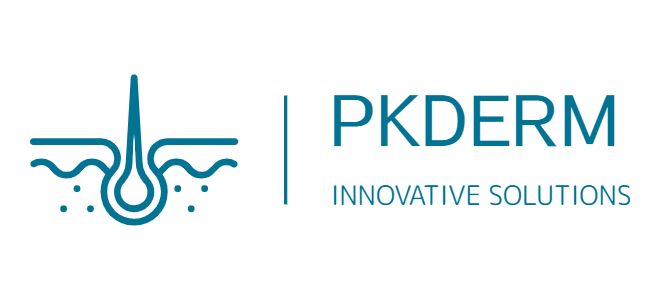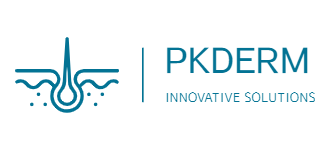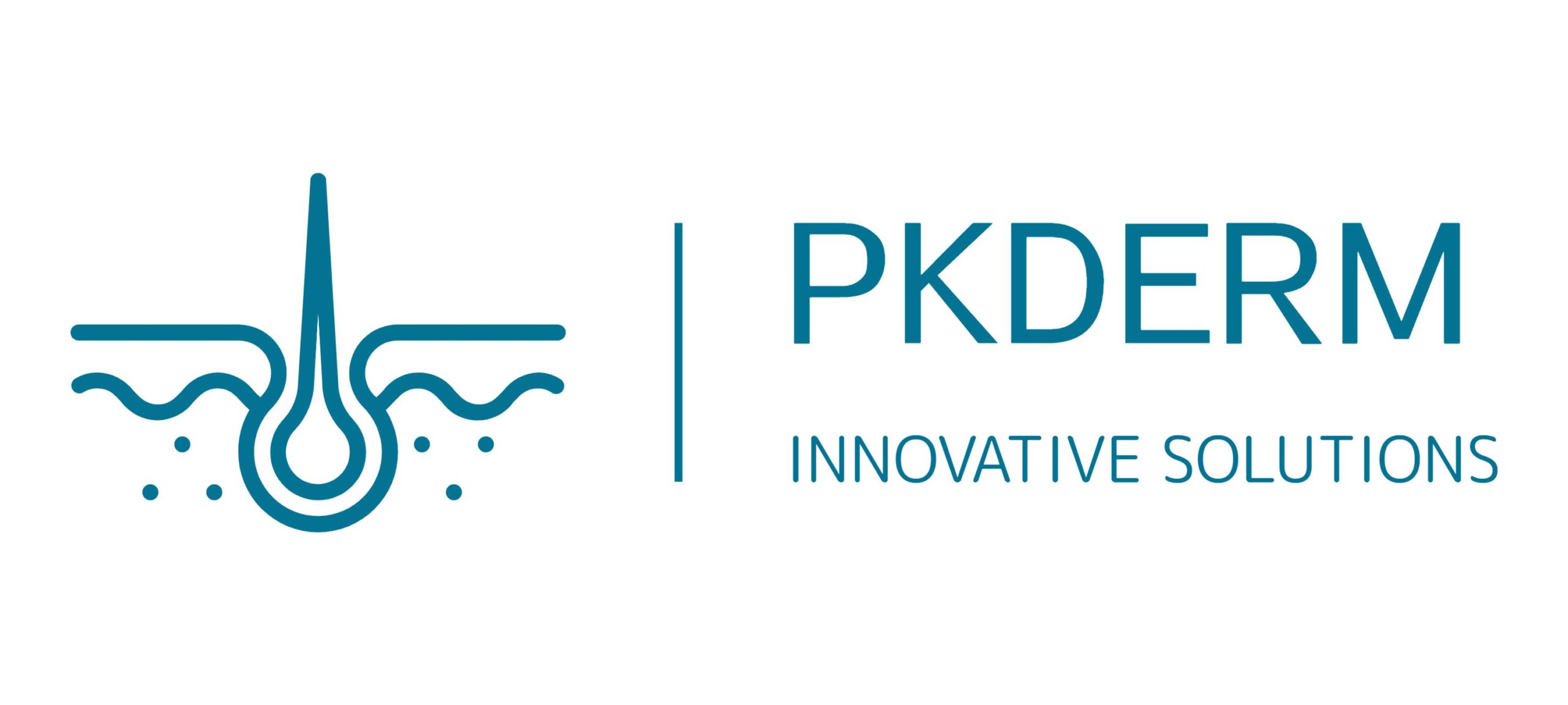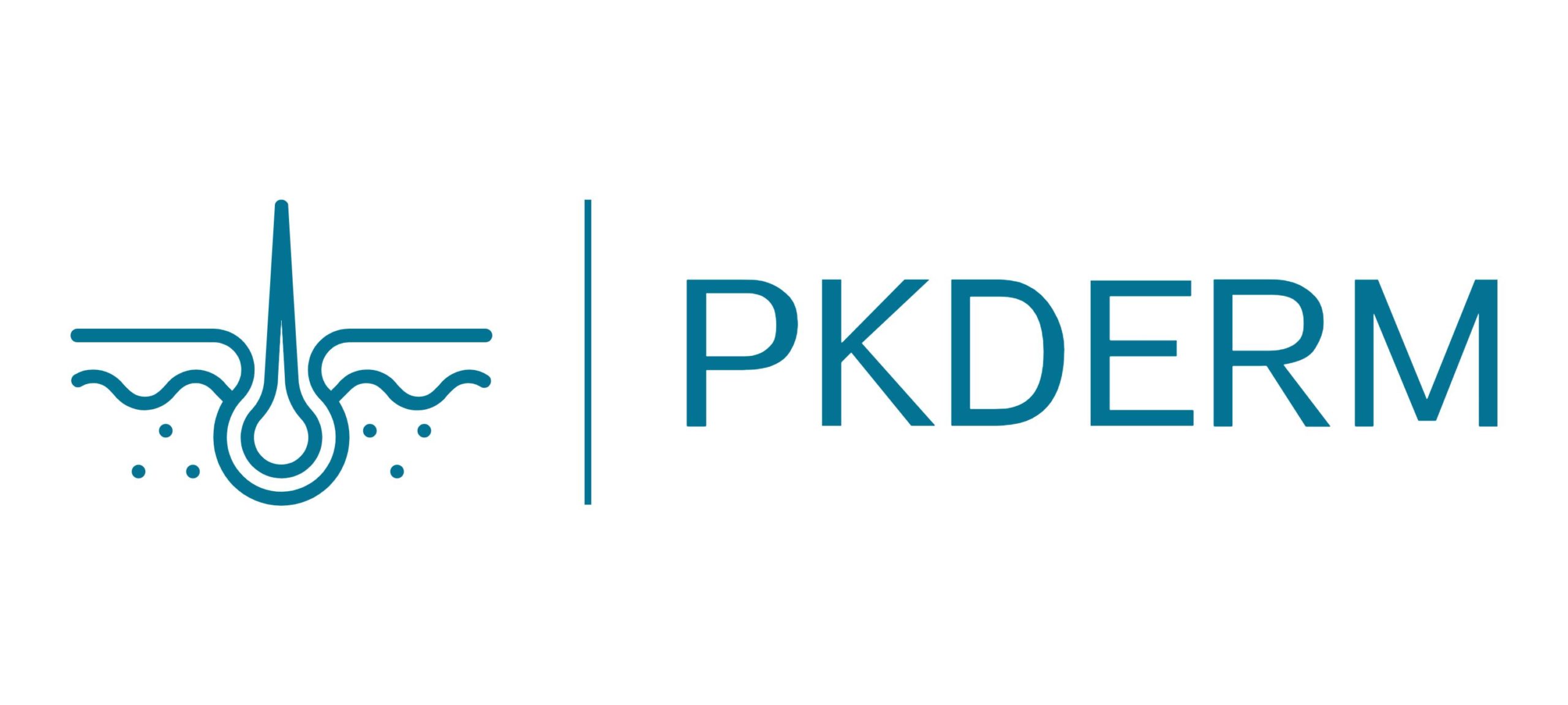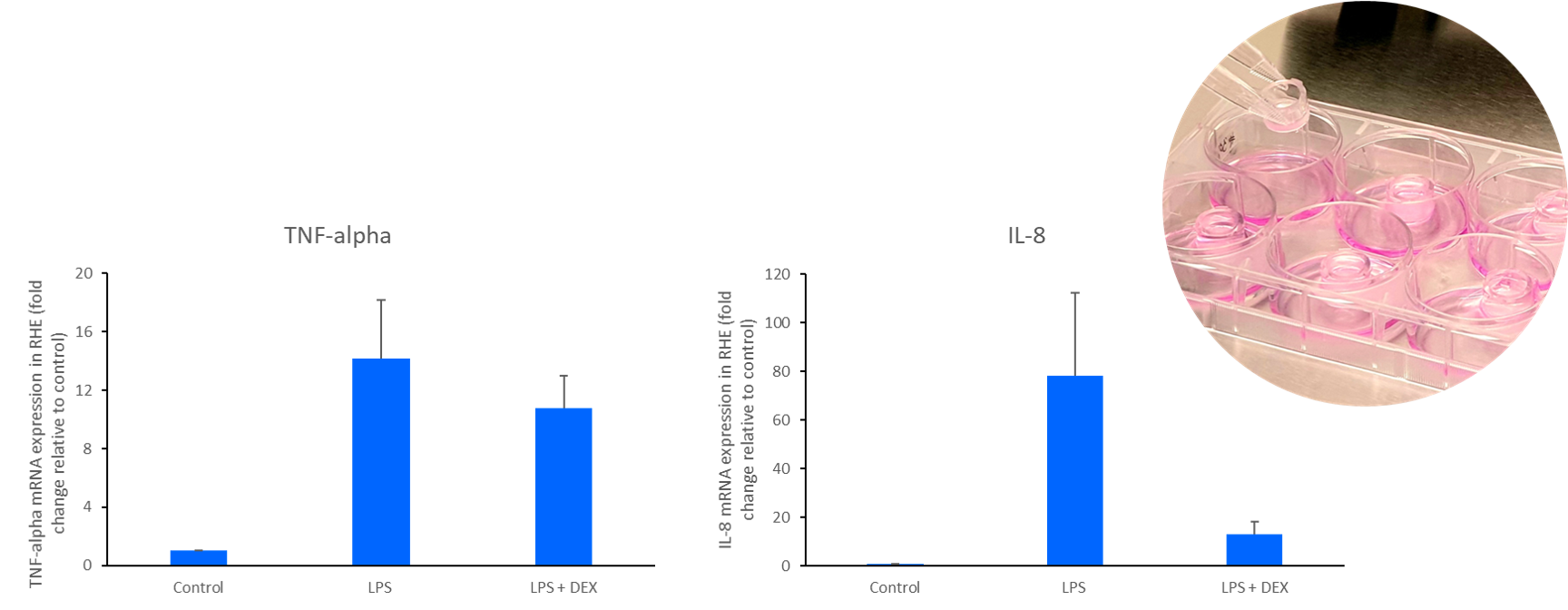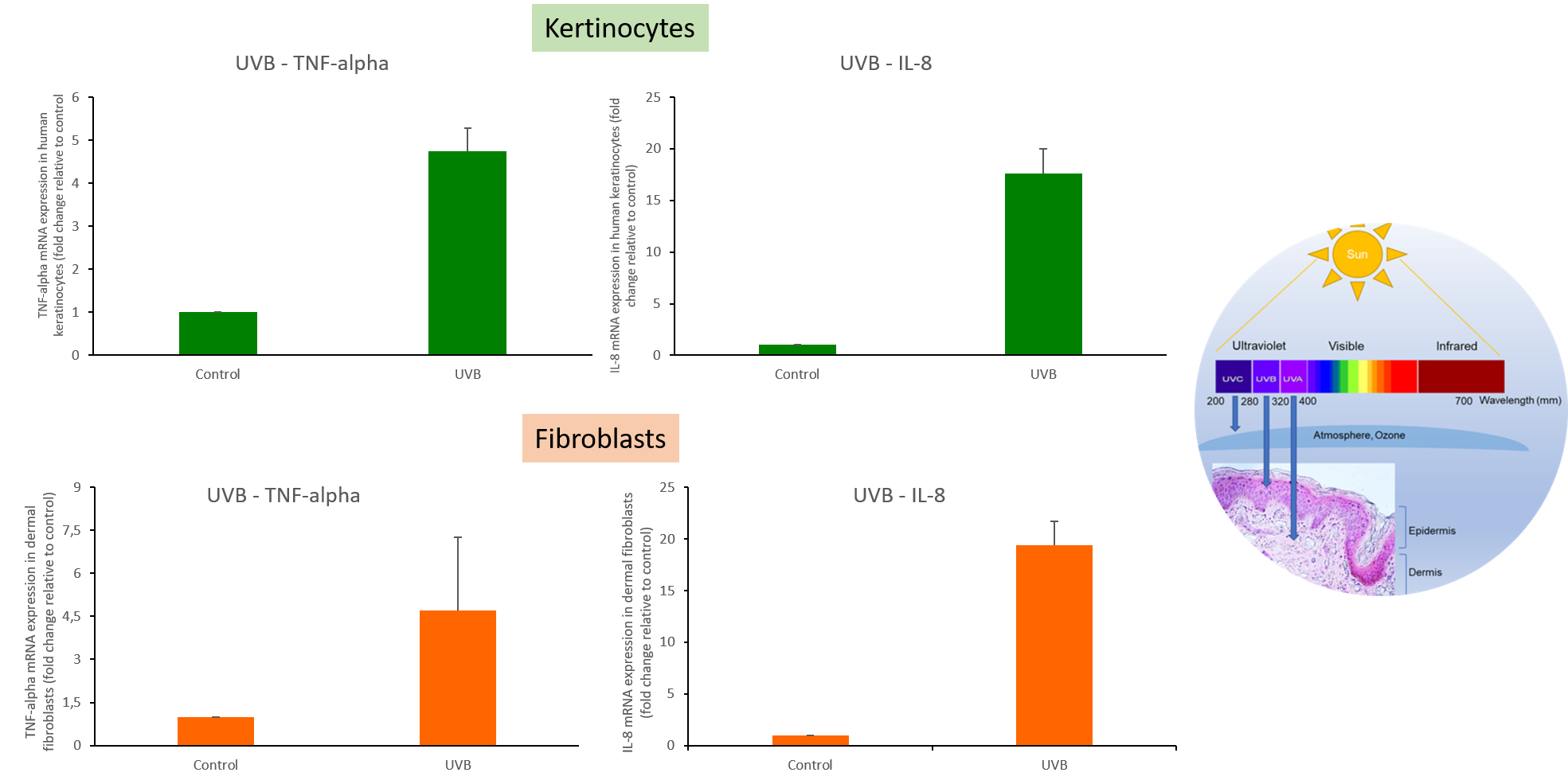PKDERM has developed and validated a range of in vitro assays to evaluate anti-inflammatory properties of investigated drugs and cosmetic active ingredients and products. The assays are based on the measurement of mRNA expression of key cytokines markers involved in inflammatory responses (TNF-α, IL-6, IL-8, TSLP). Besides, measurement of secreted cytokines in culture medium can be measured by ELISA approach.
These in vitro assays enable the evaluation of the protective effects against acute inflammation induced by specific triggers, such as UV radiation or bacterial lipopolysaccharides. Besides, theses in vitro assays constitute adequate and verifiable evidence that enable supporting claims for cosmetic products.
Testing of anti-inflammatory properties can be performed on either 2D primary culture of normal human epidermal keratinocytes or cell lines (HaCat, Calu-3, Caco-2) or on 3D reconstructed tissues such as reconstructed human epidermis, reconstructed airway model, or on precision-cut lung slices (PCLS).

